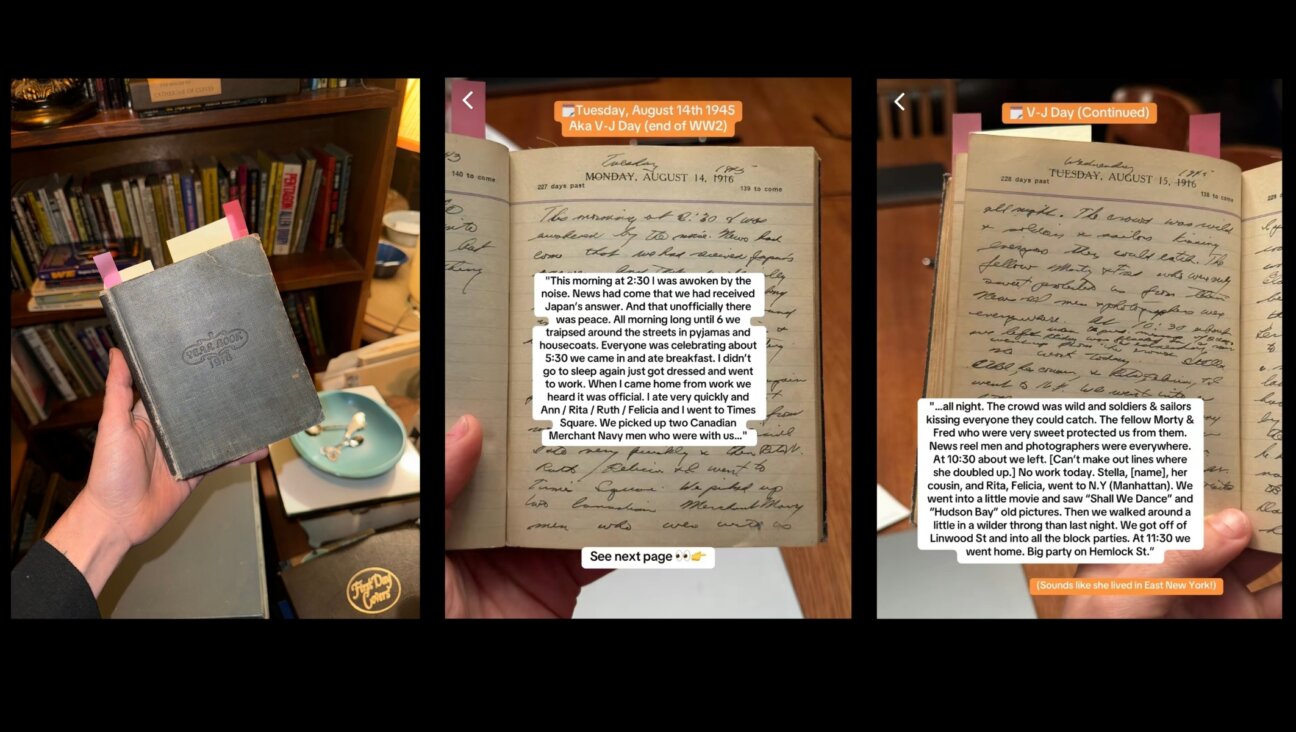Decoding the Ashkenazi Genome May Offer Clues to Cancer, Diabetes
Scientists have long been acutely interested in the genetic idiosyncrasies of Ashkenazi Jews. Like other groups with a long history of marrying from within, Ashkenazim constitute a relatively homogenous population. This has led to the discovery of a number of genetic alterations, or mutations, that are responsible for diseases found more often in Ashkenazi Jews….



















